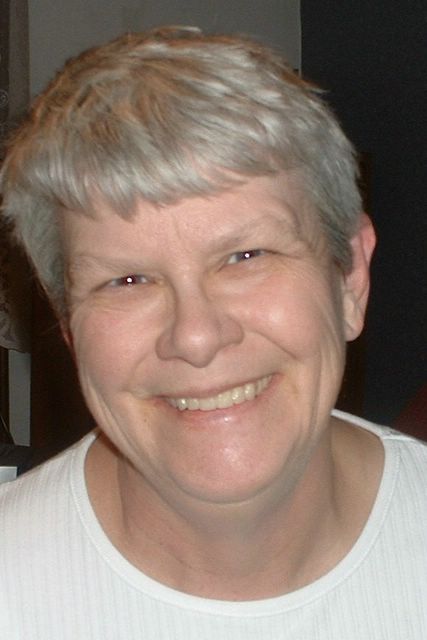Cancer treatment raises early hopes
Combined therapy uses X-rays to stir tumor-killing gene
Chicago Tribune, Nov. 7, 2001 -- Cancer researchers on Tuesday reported promising, but very preliminary, results from clinical trials of a novel high-tech therapy invented at the University of Chicago that provides powerful, precisely targeted treatments for tumors generally considered hopeless.
....The synergistic technique so far has been shown to cause tumor regression in laryngeal, prostate, glioma, esophageal and colorectal cancers. The new data include cancers of the breast, pancreas and lung. But in principle, it could work for any solid tumor, Weichselbaum said, and those constitute 85 percent of all cancers.
Read it here

